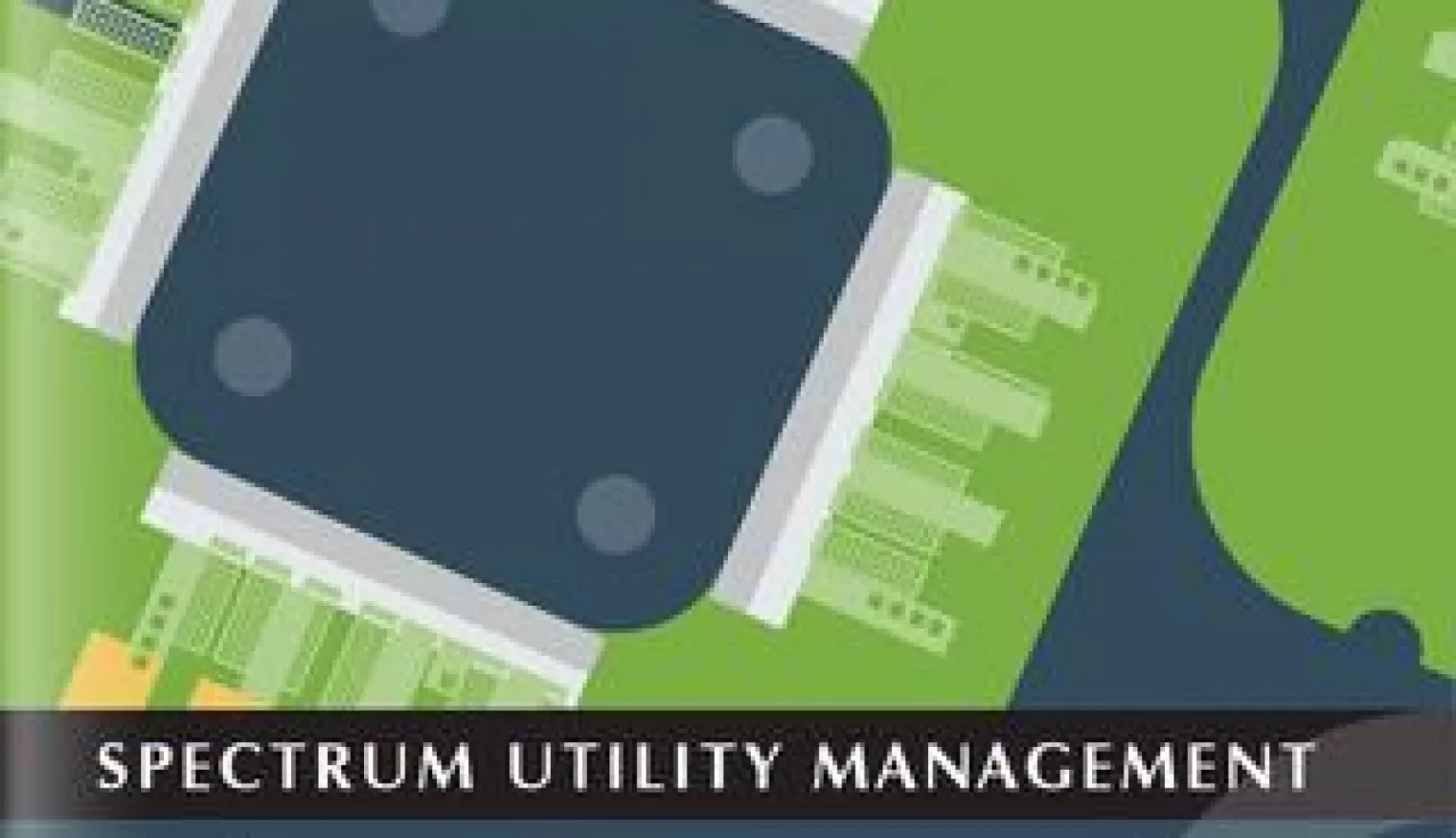By optimising energy, water and even broadband efficiencies, Spectrum Utility Management (SUM) strives to define the future of smart cities in Africa.
LOCALLY DEVELOPED PRODUCTS
South Africa is a country where rapid urbanisation and the merging of first and third world lifestyles meet, which places significant pressure on the supply of utilities such as power, water and other growing infrastructural needs such as broadband, which are increasingly important components in everyday life. Subsequently, this places emphasis on finding the most intelligent ways to manage and distribute these utilities to the public and private sectors.
This is where the concept of smart cities comes in.
Companies such as DMB Holdings’ subsidiary SUM (Spectrum Utility Management) seek to create an economically viable and sustainable environment in not just South Africa, but with the eventual plan of aiding the entire continent in smart city solutions that will reduce energy and water wastage.
Today, SUM adds a string to DMB Holdings’ bow as it manufactures devices that make infrastructure behave in a smarter way. With roots back to 1989, DMB Holdings has progressed from a software development house with an extensive background in ICT infrastructure, expanding into consulting and then into a fully fledged utility management via its subsidiary SUM, which was created in 2010.
“The provision of technology has evolved so much since the 1980s and the SUM business reflects this change via the creation of dynamic smart cities, which bring together all the technological societal changes from the past three and a half decades; we created the company to look at ways we could integrate everything in one place,” explains Dewald Pretorius, Managing Director of DMB Holdings.
SMART SOLUTIONS
As a proudly African company that develops solutions for African utilities, Pretorius says that Spectrum Utility Management has a primary focus on developing smart city solutions for South Africa’s public sector. By working alongside the country’s various municipalities and gated communities nationally, SUM provides energy efficiency through anything from locally manufactured public lighting, measuring and managing both electricity and water, to broadband deployment; managing each project throughout its lifetime.
“Our vision is to become the leading company and brand which deploys and establishes progressive dynamic cities on the African continent,” says Pretorius.
Accompanying its latest innovations, SUM has invested 65 million rand in R&D in order to stay ahead of the industry curve. “We are always evolving and we want to pass this improvement and cost saving onto the African people. Integration is important to our business. By removing any chance of duplicating energy data, this reduces all-round costs, making a ‘smarter’ solution to energy efficiency,” says Pretorius.
Through the innovative automated meter infrastructure, SUM is able to determine losses on any network electronically and provide guidance on a smarter use of electricity and water. Furthermore, the company promises to manage its products through their life and complement this with a maintenance service. “Our broadband solution integrates itself nicely into this model; we consider it as a utility. The cabling for broadband is fixed to the high mast infrastructure and smart streetlight solutions already in place, which is a logical use of space,” says Pretorius.
INTEGRATED SYSTEMS
It is one thing to have smart solutions, but another to effectively manage it. That is why SUM is also heavily involved in data integrity management, offering both pre-paid and post-paid solutions on all its utility management options. “This is what makes us unique. We manage all utilities in one integrated system called a network operating sensor,” he adds.
As a result of a clear strategic plan in terms of individual municipality infrastructural needs, SUM picked up the award for one of the Best Energy Efficient Projects in the World (EDF Pulse award 2014) for its work in Nelson Mandela Bay, Port Elizabeth. The company also fared well in the Eskom eta 2014 Awards, coming as runner up in the residential category.
With the continent as a whole in the limelight as a hive of economic activity, SUM is examining the opportunities available on a wider scale. “We have interest in our offering from Cameroon, Ivory Coast, Uganda and Ghana. All African economies can benefit from our services as the world becomes more energy conscious; we are deeply invested in the technology and sustainable solutions.
“Africa is an attractive market for smart technologies; it encapsulates both a first and third world environment. Our versatile offering means that we can offer something for both ends of this scale,” says Pretorius.
In native South Africa, the company is deploying broadband to some of the most underdeveloped township areas of the country while at the same time deploying LED technology that offers energy savings in excess of 65 percent.
SUM remotely monitors and manages the energy consumption every hour. This remotely controlled system uses the 40 metre high mast to deploy communication over a 500 metre radius. As a result, the existing high mast has three uses; lighting, electricity and water meter management, all remotely monitored and measured.
INNOVAT TRAINING ACADEMY
DMB Holdings ensure that SUM employees are trained in key life skills that enable them to progress internally; this is enforced by one of its seven subsidiaries dedicated to training, known as Inovat. “Our attractive training is designed to compete on the world stage. Moreover, everything we sell comes with its own training policies which are backed by economic development initiatives. We partner with local companies in order to be able to support our products and ensure they are fitted to a professional standard, no matter the location,” says Pretorius.
Under the watchful eye of DMB Holdings and through the installation of its integrated utility management solutions, SUM strives to substantially improve the service delivery of energy, water and broadband in order to make a difference to the lives of African people.




























